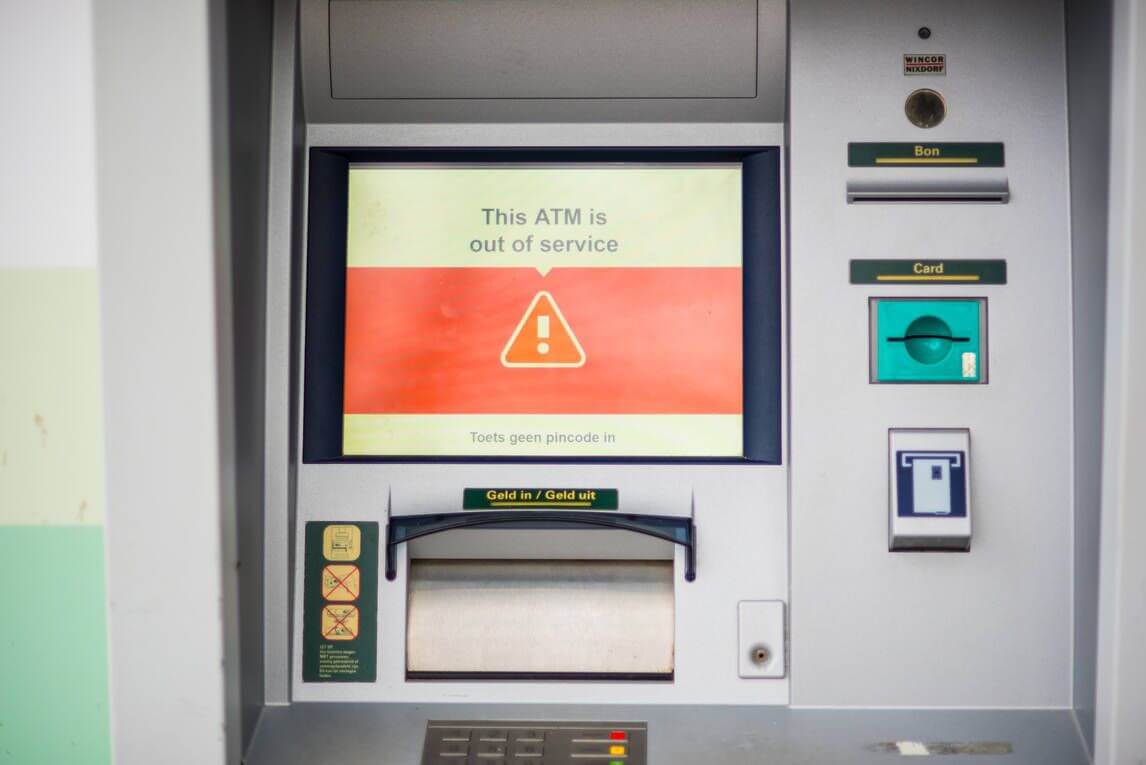
The Dutch Central Bank, De Nederlandsche Bank (DNB), has seen the writing on the wall and is calling for serious consideration on the future of central banks, in an age of increasingly digital payments. Year-on-year decreases in physical cash payments, they believe, are the sign for fiat currencies to go digital.
The DNB are calling for serious consideration within the Eurosystem over the implementation of Central Bank Digital Currencies, or ‘CBDC’s. Once a pioneer of banking practices in the sixteenth century, the Dutch are now looking to reassume that mantle. Their weapon of choice today is no longer bonds or stocks, it is digital currency.
Why the Dutch? Well, the Netherlands has one of the lowest proportion of cash transactions to its population in Europe. “Cash is No Longer King” is the telling first subheading on the DNB’s bulletin concerning the matter.
As the country’s central bank, the DNB naturally finds the prospect rather concerning. Central Banks are in the business of providing their country’s population with public currency. If that currency is not being used, should they not be doing something about it? The DNB have said that they have asked themselves the question: should we provide “a new type of money that is better attuned to the needs of citizens”? It appears they have come to the sensible conclusion: yes.
Why now? Restrictions on cash flow due to the coronavirus outbreak have exacerbated the already low levels of cash transactions carried out in the country, and indeed across the world. When physical cash is being shunned for fear of spreading the virus and digital payments given even more precedence, the future of currency transactions seems to be all the clearer. The announcement of Facebook’s cryptocurrency Libra last year has also set the central banks worrying. Libra it seems will be more stable than bitcoin and with the backing of a company like Facebook it has given Central Banks cause for concern over whether they too need to roll out a similar form of currency.
Necessitated by their country’s currency use trends, the DNB have little choice but to innovate. That being said, the Netherlands are not representative of the Eurosystem as a whole. As such, what impact their calls for consideration will have, remains to be seen. There is hope for change however, as not only have the DNB called for a European-wide discussion on the matter of CBDC’s and their implementation, but they have also thrown down the gauntlet to the Eurosystem by saying that should the Eurosystem decide to experiment with CBDC’s they are “willing to play a leading role” and act as a “suitable testing ground for such an experiment”.
Once at the cutting edge of banking techniques and expansion of capital markets, the Dutch have now once again raised their hand to offer to help innovate on the new frontier, that is CBDC’s. Now that they are financially tied to the majority of Europe rather than in direct competition with it, will the Dutch’s eye for an opportunity be enough to instigate change?

